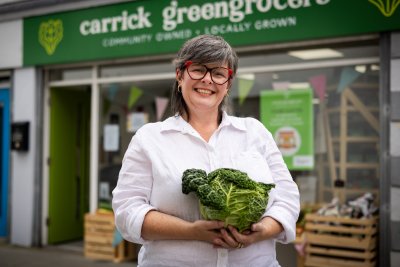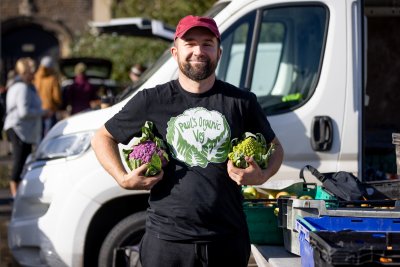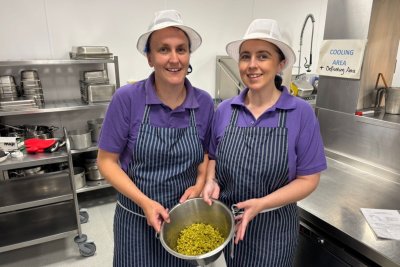Sustain: Sustain The alliance for better food and farming advocates food and agriculture policies and practices that enhance the health and welfare of people and animals, improve the working and living environment, enrich society and culture and promote equity.

Food industry supports plan to increase donations to food banks
Guidelines from a food industry trade association and the European Federation of Food Banks aim to make donation simpler - but will not address the underlying reasons why people resort to food banks
With 88 million tonnes of edible food wasted annually in the EU, policymakers see waste reduction as an important part of the overall strategy to cut waste and move towards a circular economy.
Distributing some of this food to people in need, via food banks, is one way of using the surplus, and the number of people using food banks in the UK and across Europe in recent years has exploded, as austerity has exacerbated hardship.
Now the European federation of food manufacturers, FoodDrinkEurope, has teamed up with the European Federation of Food Banks, to draw up guidelines to make it easier for firms to donate food -- and thereby decrease the amount of food going to waste.
While acknowledging that the more important problem was to tackle the root causes of food waste along supply chains -- in other words, to prevent surplus food from being produced or ordered in the first place -- a spokesperson for FoodDrinkEurope said that 'when food surpluses do occur, we all agree that they should be redistributed as much as possible to food banks'.
No-one would dissent from this. But Sustain's Food Poverty Project and others have argued that the proliferation of food banks is a symptom of underlying problems to do with poverty and food access, and not a permanent solution to those problems. In addition, the systematic oversupply of food is itself a waste of food and other resources.
Read more about Sustain's work on food poverty here
Sustain
The Green House
244-254 Cambridge Heath Road
London E2 9DA
020 3559 6777
sustain@sustainweb.org
Sustain advocates food and agriculture policies and practices that enhance the health and welfare of people and animals, improve the working and living environment, promote equity and enrich society and culture.
© Sustain 2026
Registered charity (no. 1018643)
Data privacy & cookies
Icons by Icons8






